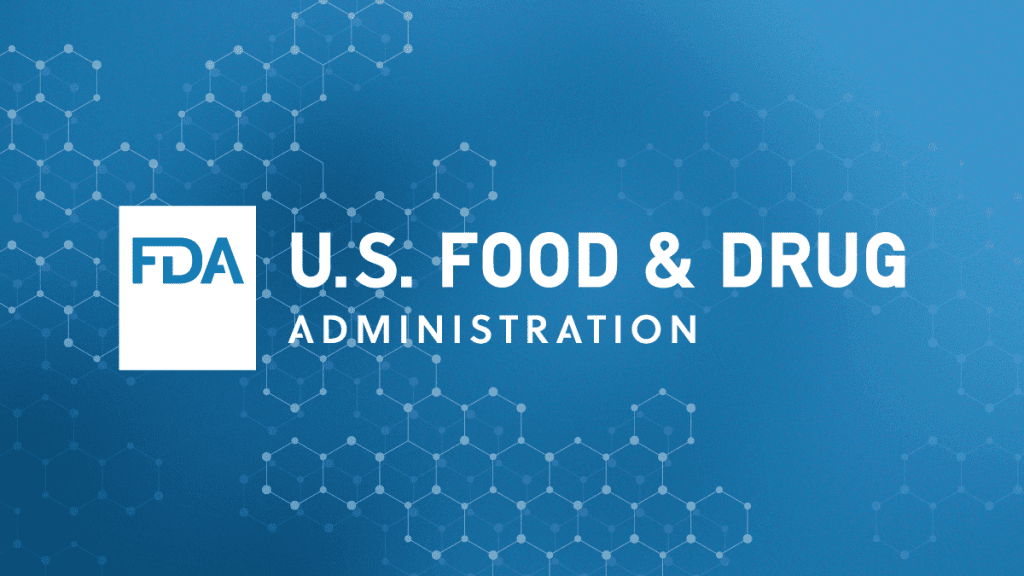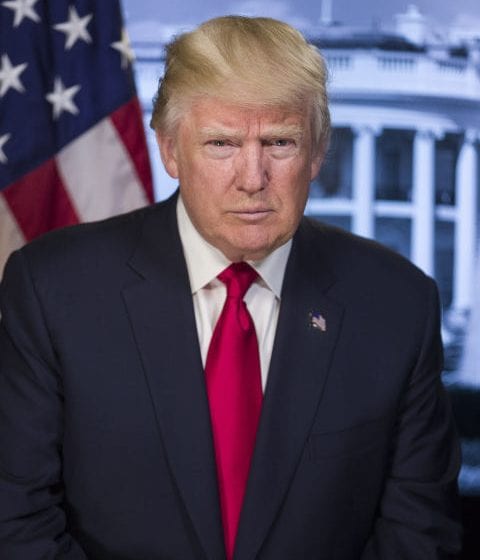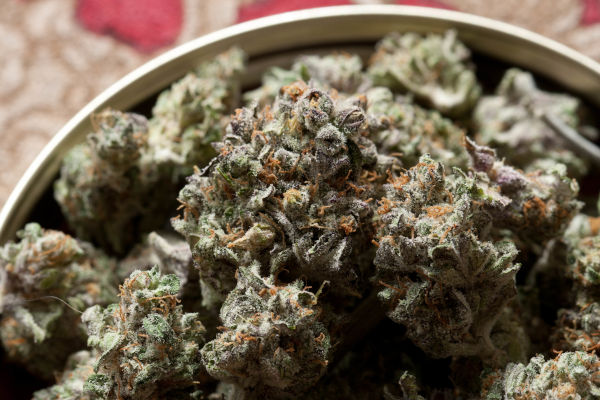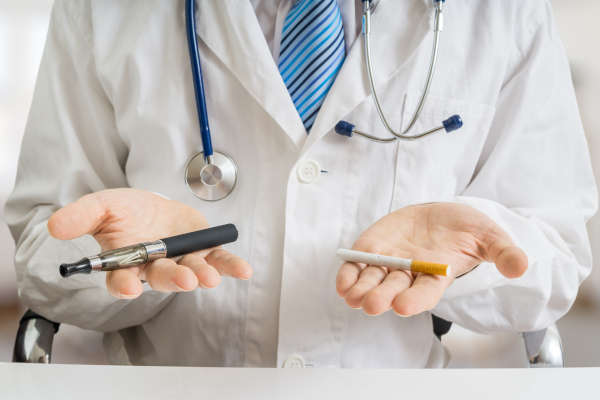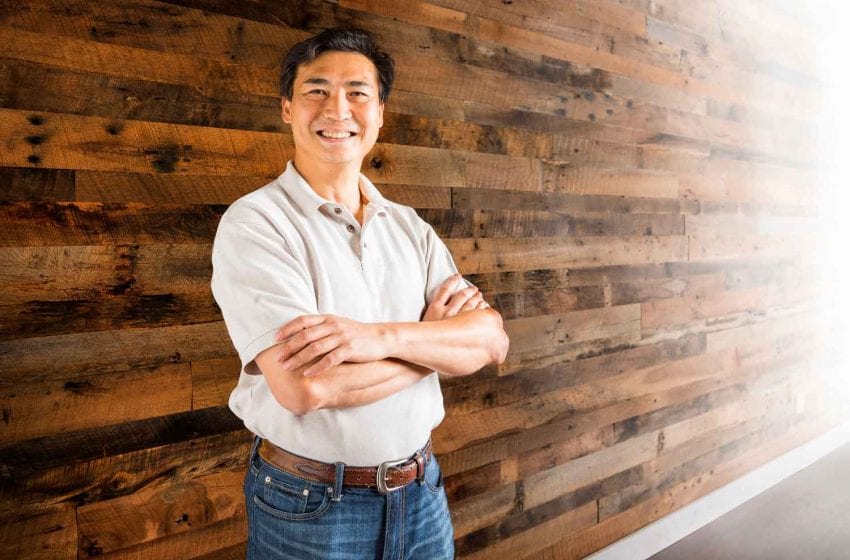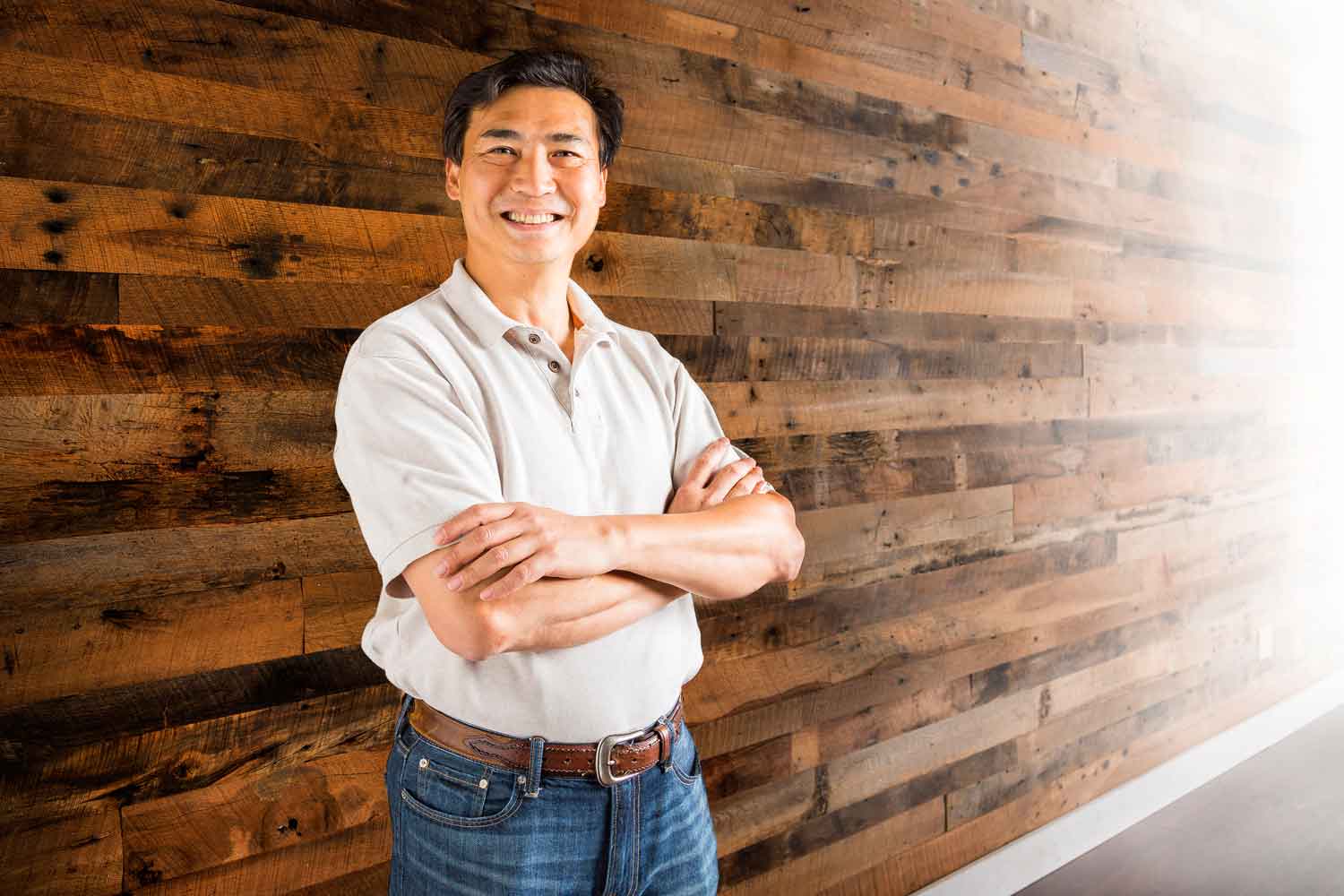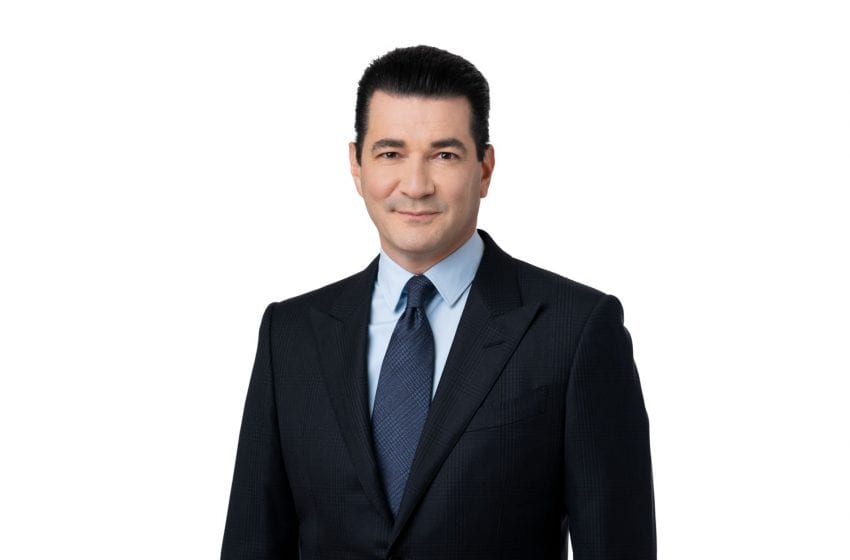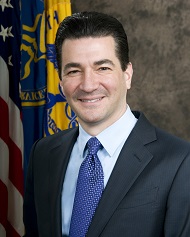Consumers are staying home and spending less as COVID-19 and social distancing mandates sweep across the globe. The extreme, necessary steps to control the spread of the virus have already taken an economic toll, and there certainly will be a long-term impact on individual businesses and workers. One industry, in particular, will likely fail without swift federal action: e-cigarettes, according to Michelle Minton with the Competitive Enterprise Institute.
Cigarettes may prove “pandemic-proof.” Since they are often sold at outlets deemed “essential” under the current lockdown, cigarettes continue to be available and big tobacco companies have so far remained financially unscathed. But the same is not true for their lower-risk competitors. Vape shops, which sell vapor products, like e-cigarettes, have not been universally recognized as essential businesses, so they have been forced to close.
To maximize ways to fight the virus, many states have pressed pause on certain rules and regulations (leading many to wonder if they were #NeverNeeded in the first place.) For example, Vermont Governor Phil Scott signed an order lifting the state ban on home alcohol delivery. This was a pragmatic move, as Reason’s Guy Bentley aptly put it. Vermont lawmakers understand that people still want to imbibe, and at-home delivery discourages unnecessary booze runs.
Yet that pragmatism hasn’t been extended to e-cigarettes, and Governor Scott’s online e-cigarette sales ban enacted last year remains in place. As a result, some adults now find themselves cut off from the products they rely on to stay smoke-free. Without swift federal action, they may be cut off permanently as vape shops go belly up, and many people will revert to smoking.
The last year has already been difficult for those who sell and enjoy vapor products. Even as the evidence that e-cigarettes are relatively harmless for adults and highly effective for smoking cessation has become clearer, calls to ban or restrict e-cigarettes have only grown louder. Groups that oppose nicotine use, no matter how safe, ramped up attacks, spending millions to promote the idea that e-cigarettes are no different than cigarettes and to foment panic over the non-existent “epidemic” of youth vaping.
Last summer, as scores of mostly young people fell ill with a mysterious lung ailment, anti-tobacco groups (with the aid of the CDC and news media) convinced people e-cigarettes were to blame, obfuscating the fact that the injuries were caused by black market THC vaping products, contaminated with vitamin E acetate (an oil that cannot be mixed into nicotine-containing e-cigarettes).
By exploiting fear and confusion, e-cigarette opponents amassed support among the public and lawmakers for restrictions on e-cigarettes. Cities and states instituted onerous new rules, including banning all e-cigarette sales (but not traditional cigarettes), prohibiting flavored e-cigarettes, restricting sales to in-person transactions, and criminalizing possession of certain e-cigarettes.
Some members of Congress tried to make these rules national, holding several hearings antagonistic toward vaping and considering a number of bills. Rep. Frank Pallone’s (D-NJ) bill, which bans all flavors except “tobacco,” prohibits online and mail-order sales and raises the national tobacco purchasing age limit to 21 (which it already is), passed the House. If enacted, it would make e-cigarettes less attractive, harder to get, and more expensive—leading some to label the bill a “win for cigarettes.”
E-cigarette supporters battled threats to products they believe saved their lives. But unless federal regulators take immediate action there will be no industry left to save: By May 12, 2020 all vapor products must either submit a pre-market tobacco application (PMTA) to the Food and Drug Administration (FDA) for approval or exit the market. Filing a PMTA is an expensive and time-consuming task, which the FDA admitted would Eliminate 99 percent of the e-cigarette market. COVID-19 disruption could make that figure nearer to 100 percent.
Last week, the FDA submitted a request to delay the PMTA deadline by four months, but even if granted, this would merely push the inevitable end of the e-cigarette industry to September 2020. The FDA should go further: Make the process, which vapor industry experts estimate takes over 1,700 hours and millions of dollars, quicker and cheaper for small companies. Although Health and Human Services Secretary Alex Azar announced plans in January to create a “streamlined” avenue for small businesses, that has yet to materialize.
In the meantime, anti-nicotine advocates are still trying to spread misinformation, slip state-wide vaping bans around the normal legislative process, and, ludicrously, link COVID-19 deaths to e-cigarette use—for which there is zero evidence. Worse, some have even encouraged countries to reject critically needed medical equipment like ventilators if donated by Big Tobacco.
The outbreak of COVID-19 should elevate the value of harm reduction—the idea that you can’t entirely stop people from engaging in risky behavior, but you can reduce harm by encouraging them to do so in the least risky way possible. E-cigarettes are the best way we know so far to reduce the harms related to nicotine use. They are vastly safer than smoking and more popular than most other forms of tobacco cessation. Lawmakers should do everything in their power to keep e-cigarettes a viable option for smoking cessation.
